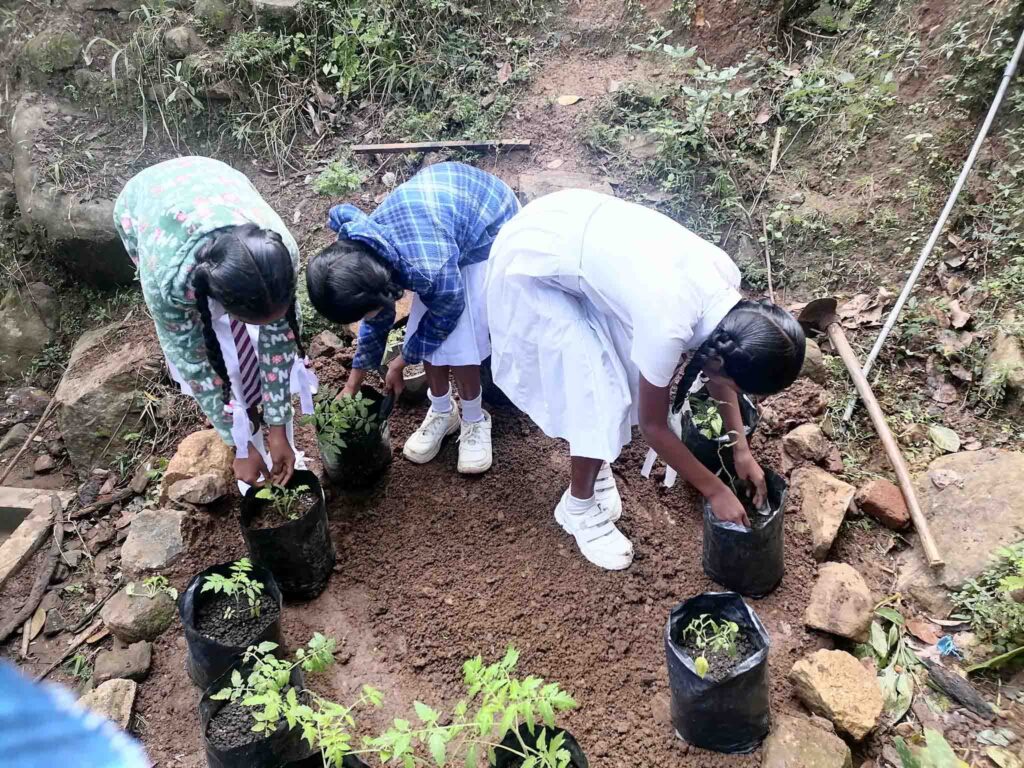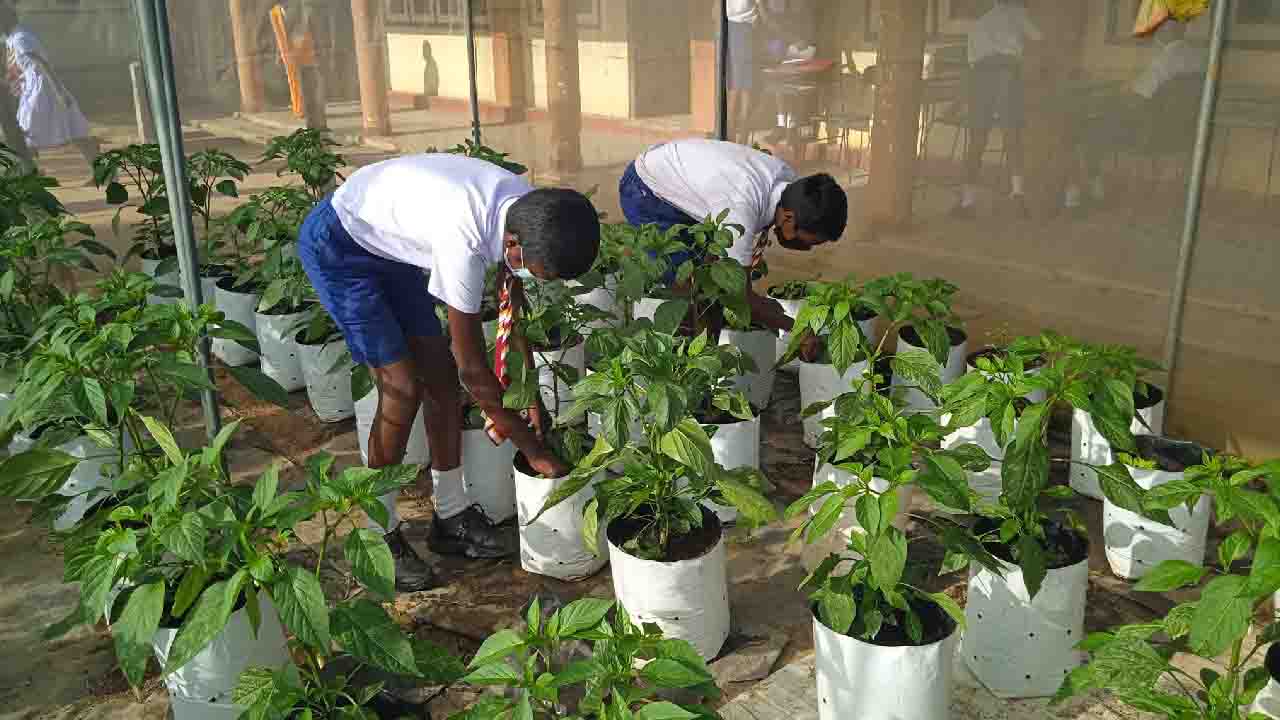Colombo Sri Lanka (Commonwealth Union)_Australian Aid and the Food and Agriculture Organization of the United Nations (FAO) celebrated International Day of Education this year by funding entrepreneurial school gardens in over 200 schools in Sri Lanka across three provinces. With Sri Lanka facing an acute crisis of malnutrition and food security, the objective of the project is to support nutritional health, food and security among school children. The intended investment to be infused into these entrepreneurial school gardens will be USD 2.3 million aimed specifically at the vulnerable groups of women and children.
Founded on a discovery-based learning approach that spans a number of over 100,000 secondary school children in grades eight to twelve, the programme will also conduct an educational capacity initiative that will transform school gardens into producing nutritious fruit and vegetables. The awareness programme will include education on facilitating diverse and health eating habits plus inculcate the entrepreneurial spark among students into careers in agriculture, which Sri Lanka is promoting given its ancient history of being an agricultural hub for the region.
Besides the awareness programme for the students, 505 school teachers from the three provinces were also trained on the discovery-based learning methodology as part of the programme to improve skills in food security, nutrition, agriculture and entrepreneurship.

Working through the Agriculture Clubs of each school, the programme aims to empower these to operate as a core programme partner which, together with school officials, will oversee the coordination and navigation of the project. The FAO will also oversee the sale of the gardens’ produce linking these to sales points including those in private sector organisations, local markets and the national school meal programme. The income generated from the produce of the gardens will be used to improve and develop the gardens to ensure longer term sustainability of the project, beyond the FAO mandated time period.
The Australian High Commissioner to Sri Lanka Paul Stephen reiterated that school gardening had the potential to not just improve child health and support learning, but also by involving students in school gardening, of teaching them about the benefits of nutrition. He mentioned that these learnings have a long lasting impact on a child as they move into their adult years, while also helping to highlight the value of growing food for household food security.
Adding to these sentiments the FAO Representative in Sri Lanka Vimlendra Sharan opined that this sustainable school-to-home knowledge transfer approach while strengthening food security, offers rich environments for children to engage in active learning. The knowledge transfer cascades to family members and thereafter to communities, prompting attitudinal change on food consumption habits and new agricultural concepts.







